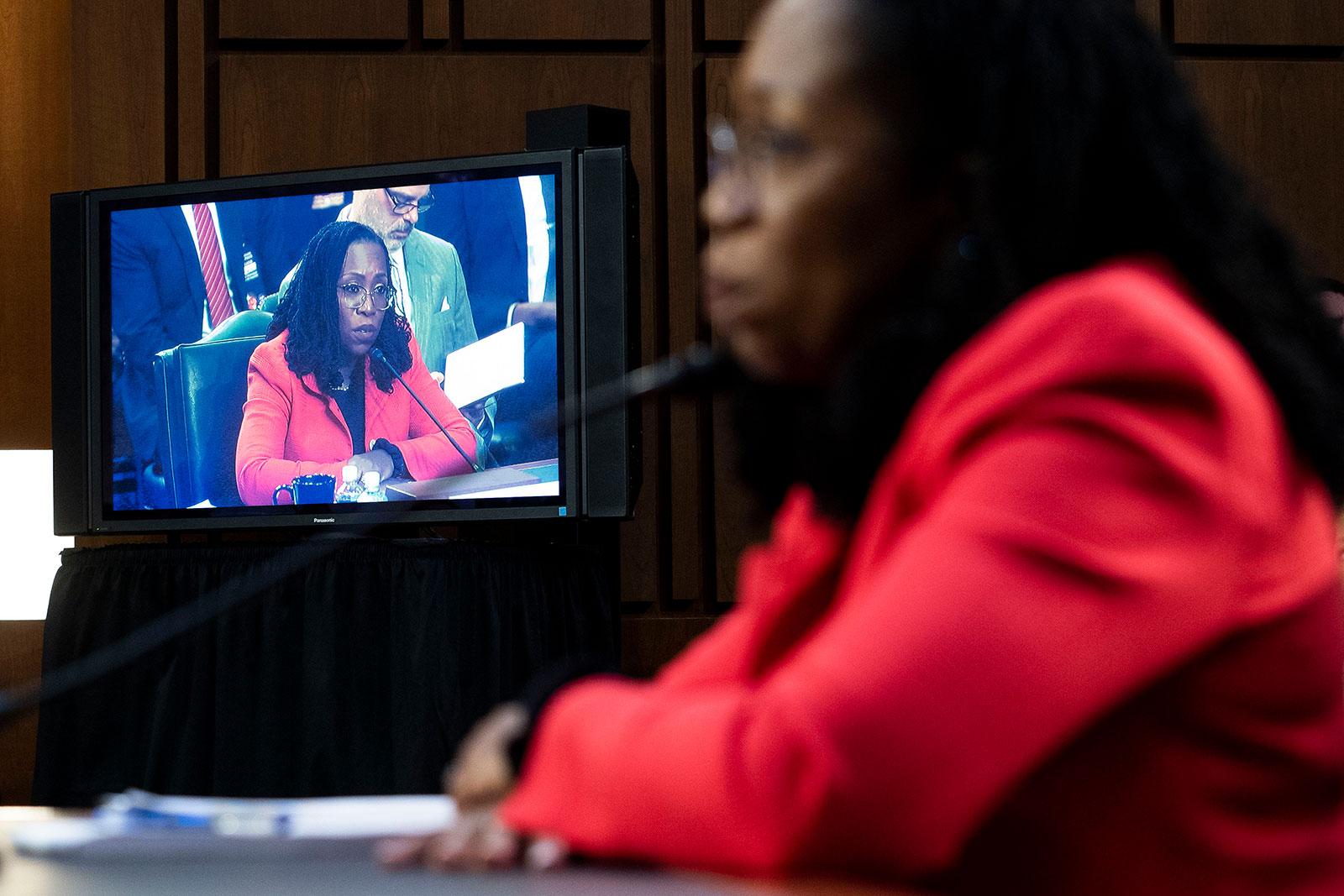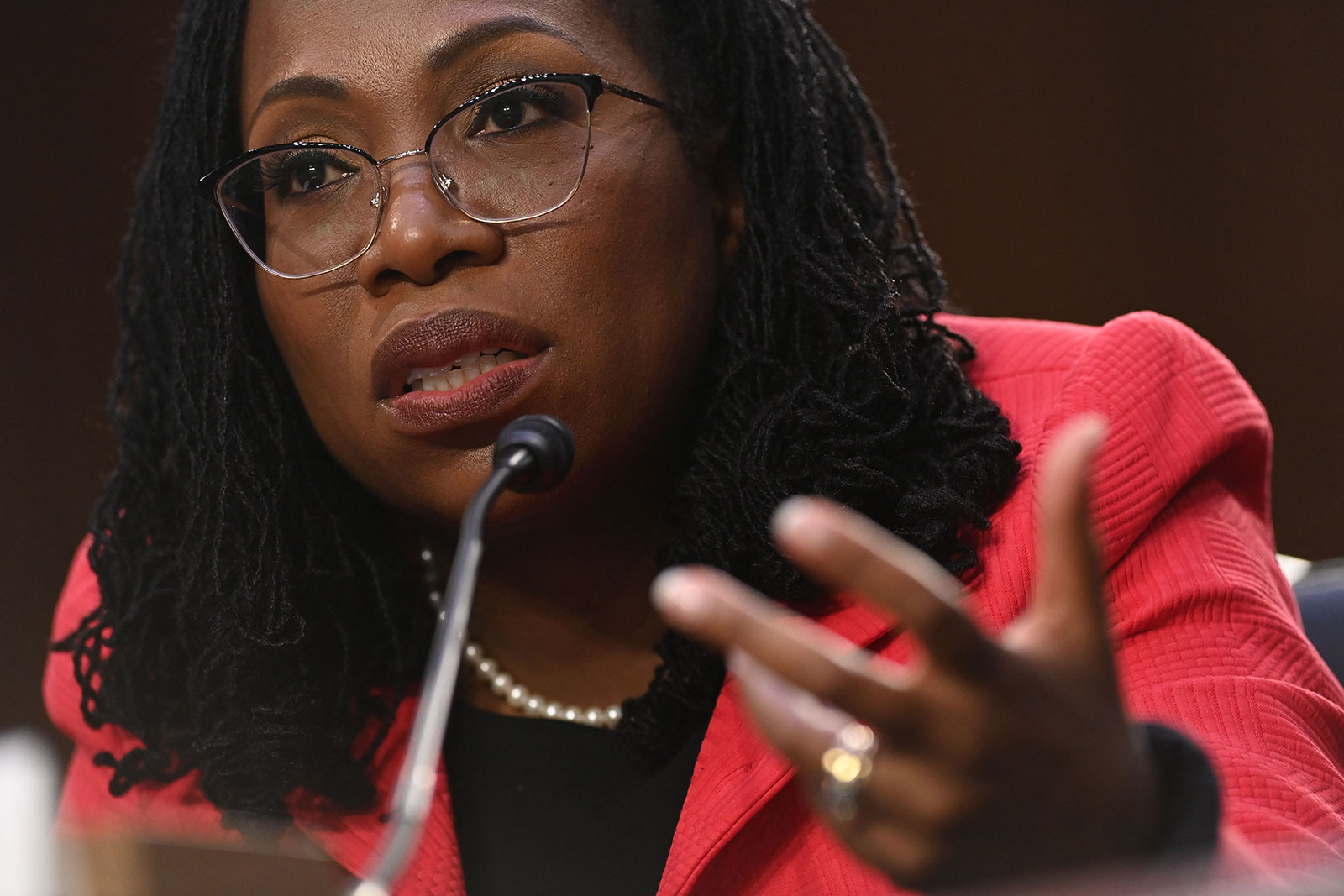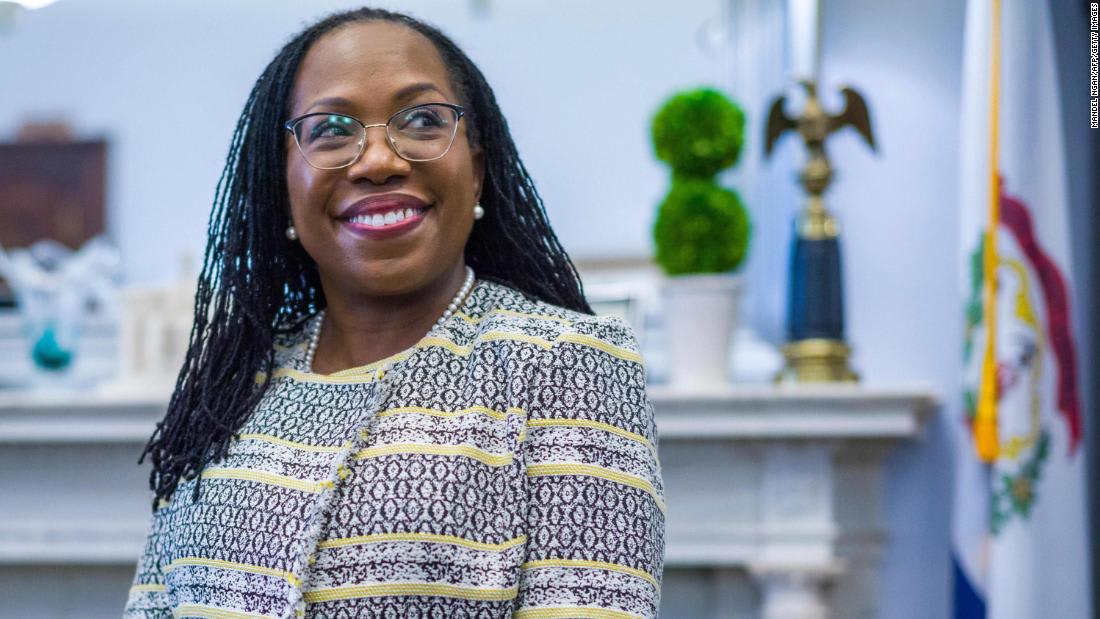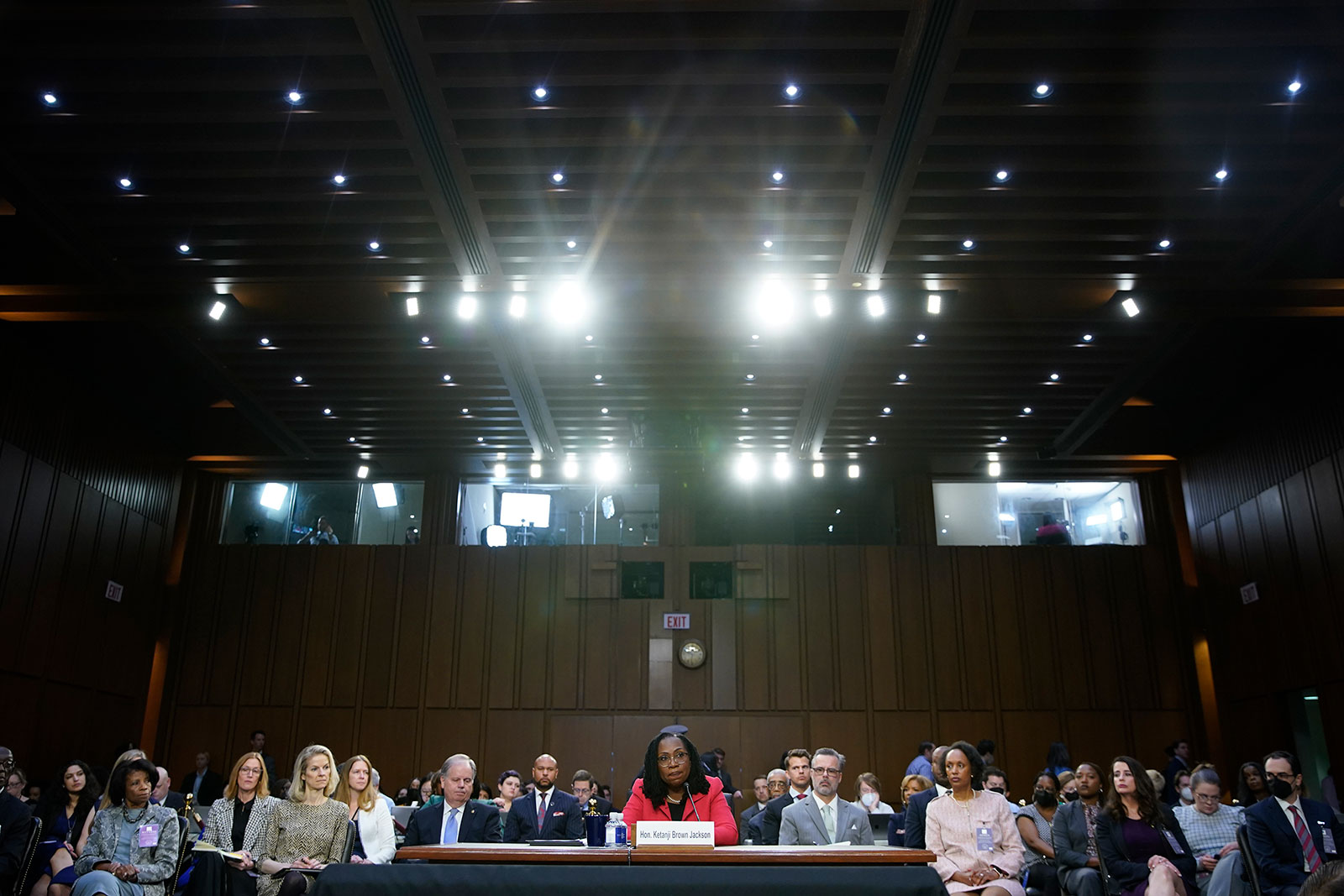GOP Sen. John Cornyn devoted several questions to the topic of the 2015 Supreme Court decision making same-sex marriage legal nationwide, with Cornyn arguing that the legal principle that provided the foundation of the ruling gives “judges carte blanche to do whatever they want.”
The comment came after he asked Judge Ketanji Brown Jackson several questions about substantive due process, the basis of the 2015 ruling known as Obergefell v. Hodges. The Texas Republican asked her how this concept was not "finding a new fundamental right” and a product of “court-made law.”
"It’s a mode of analysis by the court that allows the court to substitute its opinion for the elected representatives of the people, would you agree?” Cornyn said.
His focus on the question suggested that Republicans – who for years had seemed to have moved on from the 5-4 ruling – were interested in relitigating the opinion, which was authored by former Justice Anthony Kennedy.
Cornyn made several skeptical comments about the ruling, calling it a "dramatic pronouncement” that would “inevitably set in conflict between those who ascribe to the Supreme Court's edict and those who have a firmly held religious belief that marriage is between a man and a woman.”












